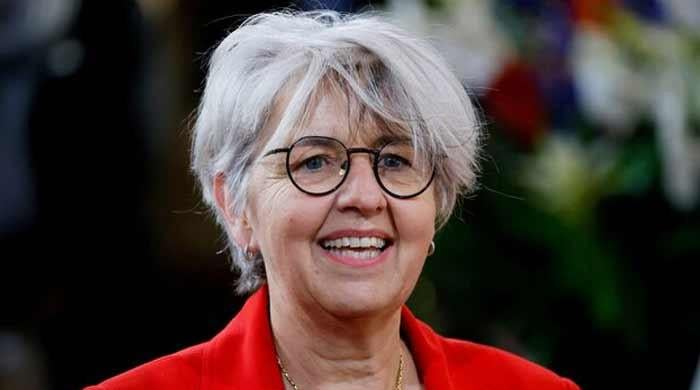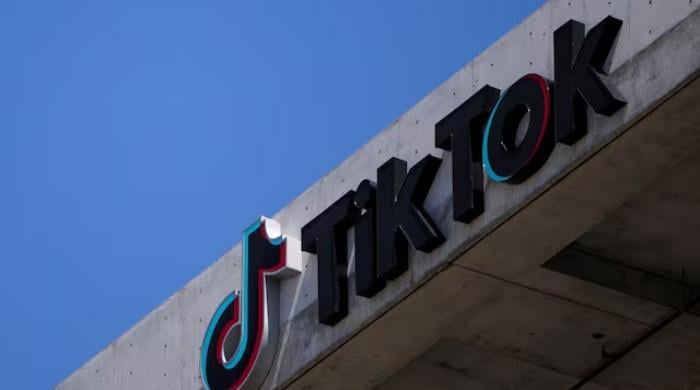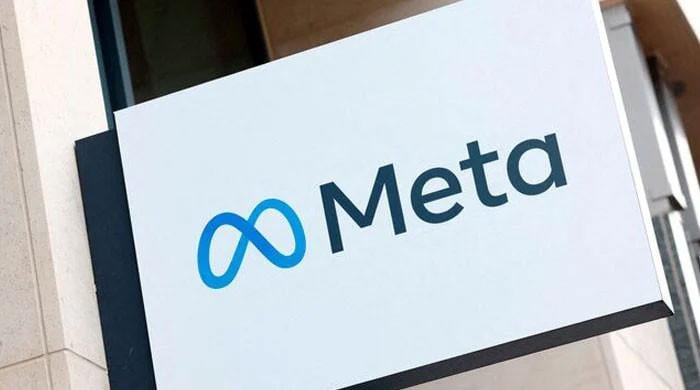Nasa concerned about Artemis 3 launch date citing SpaceX test flights
Under Nasa’s Artemis 3 mission in 2025, it will land humans on the lunar surface after more than fifty years
June 09, 2023
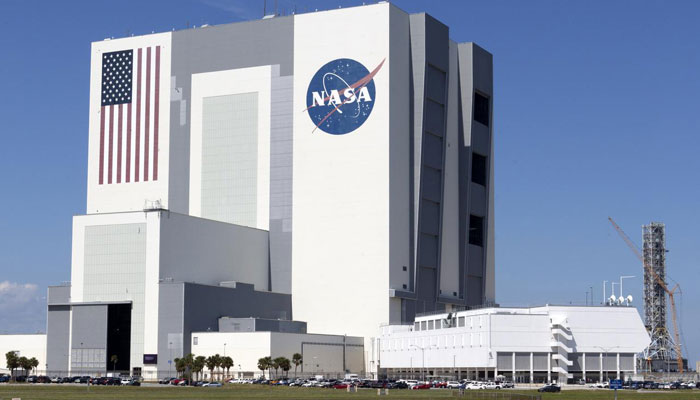
A top official of Nasa expressed his concerns about the delay in the US space agency’s moon landing mission Artemis 3 which is two and a half years away, as Elon Musk’s SpaceX is yet to conduct a number of test flights of its Starship.
Under Nasa’s Artemis 3 mission which is scheduled to take astronauts to the moon in 2025, it will land humans on the lunar surface after more than fifty years.
As the mission date approaches, SpaceX has launched only one integrated Super Heavy/Starship rocket, which destructed itself before reaching space on April 20. The company started preparing for the second test flight but the date is yet unknown.
Jim Free, Nasa’s chief of exploration systems development, told the Aeronautics and Space Engineering Board Wednesday: "I get a lot of questions, will you make the [moon landing] date? Well, they need to get flying before we can get any kind of assessment."
He said: "They have a significant number of launches to go and that, of course, gives me concern about the December of 2025 date."
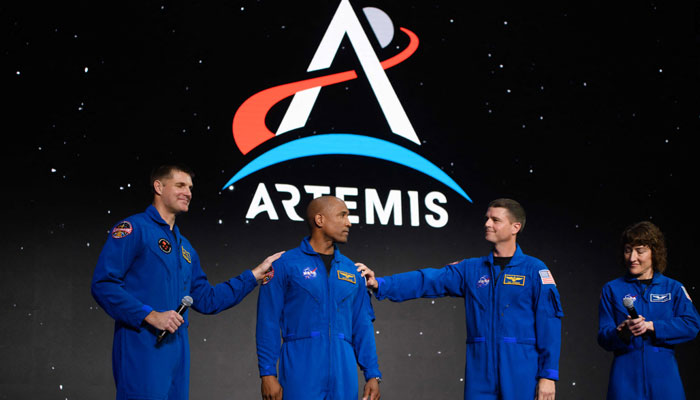
Artemis programme is aimed to land astronauts on the moon near the lunar south pole where deposits of ice are believed to be present in permanently shadowed craters.
Artemis' mission is regarded as crucial before the Mars landing as Nasa eyes to produce air, water and rocket propellants with the help of ice.
Its first Artemis mission was sent last year which was an unmanned Orion capsule orbiting around the moon in the first flight of Space Launch System heavy-lift rocket.
Under Artemis 2, Nasa is sending three of its astronauts and a Canadian flier on a similar flight, late next year.
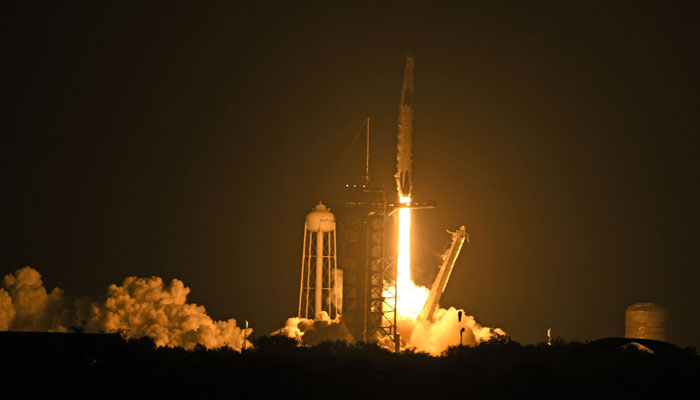
The Artemis 3 will land humans on the moon once again in December 2025, they will be taken to the moon in an Orion capsule launched by an SLS rocket and dock with SpaceX's Human Landing System (HLS), a variant of the Starship upper stage launched atop the company's Super Heavy booster.
Nasa awarded Musk’s aerospace company a contract to carry out an unpiloted lunar landing test flight to clear the way for the Artemis 3 mission.
"SpaceX is on contract to do an uncrewed lander," Free said.
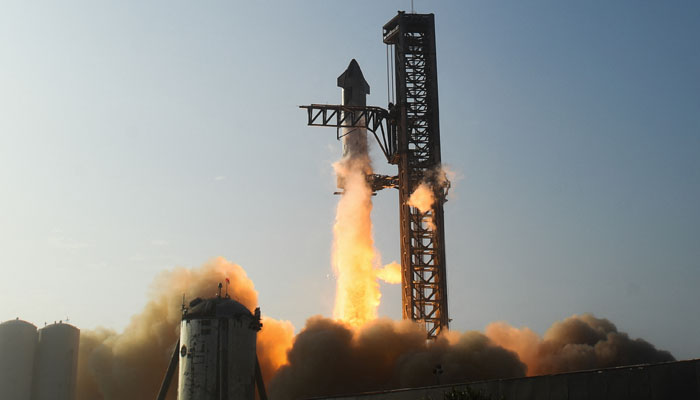
"One milestone before that is the ship-to-ship cryogenic propellant transfer. We're delaying our CDR [critical design review] until they complete that. And then they have to just get flying. So, when you step back and you look at [it], that's a lot of launches to get those missions done."
The Super Heavy/Starship is twice as powerful as Nasa’s SLS, generating 16 million pounds of thrust during liftoff with 33 company-designed Raptor engines.
"We just got a schedule update from them last week," Free said.
"My expectation is they're going to deliver. ... But the fact is, if they're not flying on the time they said, it's no good if we have a firm-fixed-price contract other than we're not paying more."







